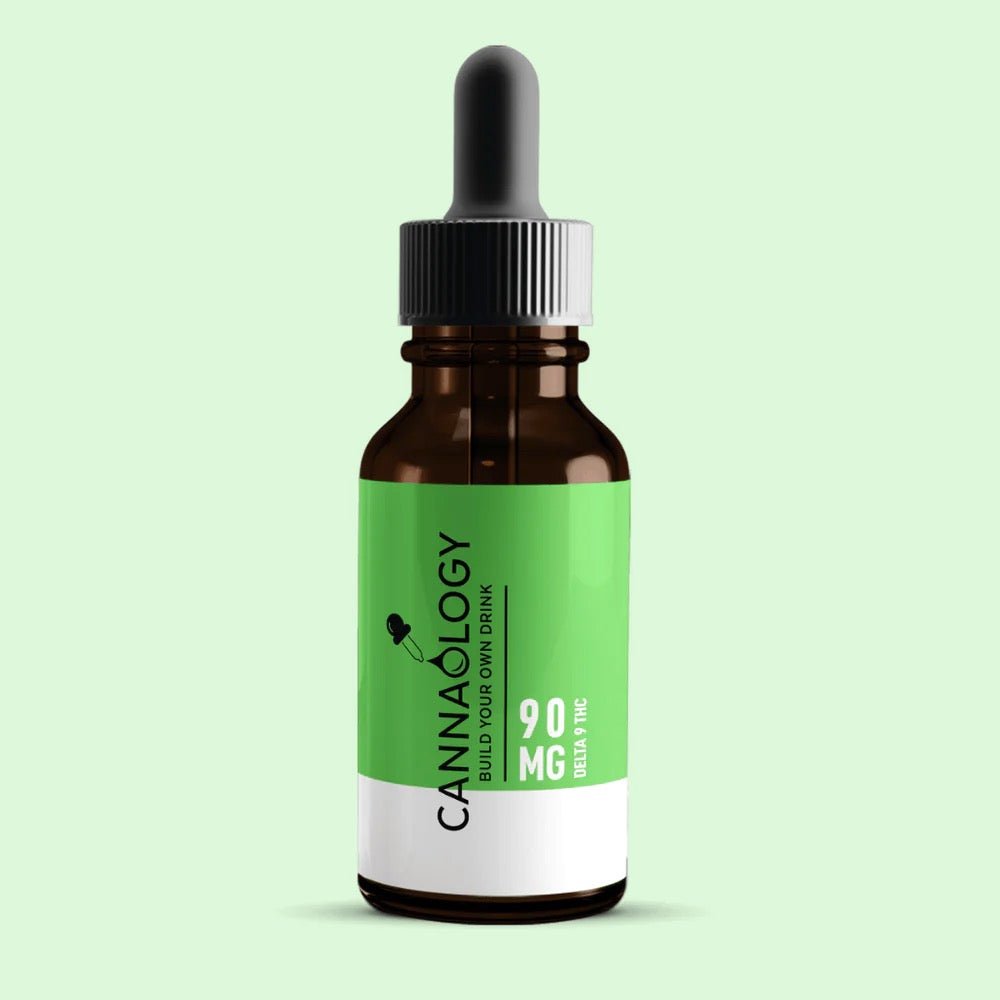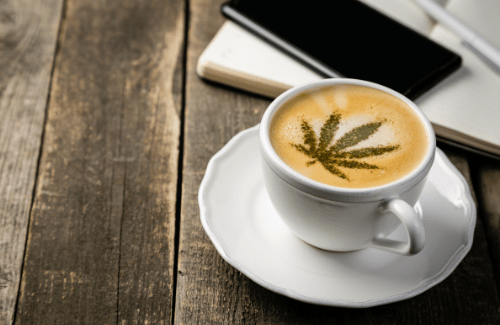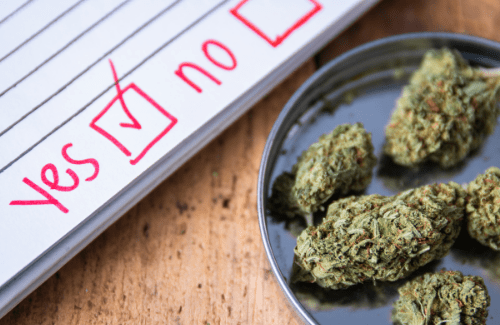
A proposed Illinois law would require lab testing and create labeling standards for products containing cannabis derivatives, the Chicago Tribune reports. That definition includes delta-8 THC and CBD.
The bill failed to pass in the spring session, but its sponsors in the state legislature are holding discussions with industry stakeholders this summer regarding the proposed act. Reportedly, the talks are about whether changes should be made before the fall legislative session.
Proposed new rules
Under the CBD Safety Act introduced last spring:
- The Illinois’ Department of Agriculture would set standards for testing and labeling
- Businesses that handle cannabinoids would be required to allow inspections
- Violators would be fined
Pressure to regulate comes down to money, consistency, safety
As other states have seen, much of the pressure to restrict delta-8 is coming from within the cannabis industry. Recreational cannabis use was legalized in Illinois on January 1, 2020.
According to the report from Chicago Tribune's Robert McCoppin, “state-licensed cannabis companies generally favor restricting cannabinoids like delta-8. They say the products are cutting into their business without the same restrictions, taxes and testing requirements they must follow.”
The executive director of the Cannabis Business Association of Illinois, Pam Althoff, told the Tribune that “Delta-8 is a topic of concern. It’s everywhere. It needs to be subject to the same standards as the cannabis industry. They have to test and label.”
Which states area banning, which are regulating?
After the 2018 farm bill effectively legalized hemp with less than .3% delta-9-THC, delta-8 products exploded in popularity. Followed by a regulatory backlash.
Fifteen states have now banned delta-8: Alaska, Arizona, Arkansas, Colorado, Delaware, Idaho, Iowa, Kentucky, Mississippi, Montana, New York, North Dakota, Rhode Island, Utah and Vermont. Seven of those have legal delta-9 THC markets.
Additionally, lawmakers in Alabama and North Dakota are reportedly considering statewide bans. (North Dakota has a legal delta-9 market, if you’re keeping tabs.)
Other states are showing interest in regulation:
- Connecticut legalized cannabis for adults over the age of 21 in July, including delta-8 THC. The new regulations create standards for THC products, packaging and labeling. They also expunge records of cannabis-related crimes, and will direct revenue from tax on cannabis sales to an equity fund for communities that were disproportionately affected by former cannabis policy.
- Florida has expressly stated that it will treat delta-8 as hemp under the federal definition, basing compliance solely on a delta-9 total of 0.3% or less.
- Michigan signed a law regulating delta-8 in July, which will go into effect in October. The new rules cap the amount of THC consumable products can contain, requires all intoxicating substances to be tested for safety under the state’s regulatory agency, and requires all intoxicating substances to be tracked through the state’s seed-to-sale system.
- Washington State’s Liquor and Cannabis Board issued an “advisory” ban on lab-created cannabis products in April. (Delta-8 is generally produced through lab-based extraction from hemp plants.) The agency called the ban a temporary measure, saying it planned to begin working with sellers and producers to create formal legislation, according to the Spokane-based Spokesman-Review.
The legal landscape continues to shift rapidly for both delta-8 THC and recreational cannabis use, including delta-9.
Sources
[2] https://mogreenway.com/2021/07/14/delta-8-legality-map/
[3] https://www.hempgrower.com/article/states-that-ban-delta-8-thc-update-new-york-north-dakota-vermont/
[4] https://www.nothingbuthemp.net/post/in-connecticut-delta-8-thc-regulated-and-legal-with-all-cannabis
[6] https://www.nothingbuthemp.net/post/michigan-chooses-not-to-ban-delta-8-thc-sets-regulations-instead
[7] https://www.spokesman.com/stories/2021/apr/30/washington-becomes-latest-state-to-clarify-ban-on-/







































